Backlash or slow erosion?
3 Reasons hybrid working will fail
There is so much chatter about hybrid work at the moment, one might think it is inevitable. However, let's not get ahead of ourselves. There is a very real likelihood that it will fail in many organisations.
In fact, we wouldn't be surprised if in 12 months' time some workplaces have a less flexible approach to when and where people work than before the pandemic, as it is likely much of that pre-lockdown flexibility was under the radar.
There may be a quick and sharp backlash against working from home, or perhaps it will just slowly get chipped away until we look up during our commute and fondly remember our home offices.
Why such pessimism? Well here are a few reasons…
- Remember what hybrid meetings were like before?
Broken conversations, tech dropouts, stilted discussion, confused accountability….the problems of hybrid meetings haven't evaporated with a bit of extra experience at home on Zoom or Teams. If our meeting rooms are still designed with a table in the centre and we have simply popped a screen and camera on the wall, then we can't expect that remote attendees will be able to hear, contribute or read the room any better than they did before. Slowly (or perhaps not so slowly!) the appetite for this type of meeting experience will erode and people will be drawn in or directed back to the office.
Meeting room design, technology and how we run collaborative activities will need to significantly shift for hybrid work to be successful over the longer term. Rooms designed specifically to support a mix of in-room and remote attendees exist in some places now. They function beautifully to be inclusive and effective for all participants. If organisations don't invest in them, they aren't serious about making hybrid working a success in the longer term. - Where is everyone?
So if you have agreed that everyone can work from home just a couple of days a week, why then does the office feel like a ghost town most of the time?
Whether it is your Finance Manager questioning the return on the lease investment or the HR Leader wondering how to maintain a good culture, an empty office won't deliver either of these outcomes. The reactive response to this situation is to tell everyone it is time to come back in because who wants an empty office?
This is a critical moment. Organisations need to be asking themselves now about the ultimate purpose of their office? What sort of activities will people want or need to do when they come in? And how can the space and technology best support them?
For hybrid work to be successful, it will require what may be a radical re-think of your office, where long-held ideas of individual territory, approaches to collaboration and status symbols such as offices for senior staff need to be abandoned. When people can choose to work in the best location to be effective, will they choose the office? Leesman research suggests that much of the time, they won't. Their homes outperform the office for many tasks.
We need to abandon the legacy that the office is a physical representation of organisational structure. Rather it needs to become a democratic and functional space designed to support activities and experiences for everyone. - Are they really "working from home"?
Surely after extended lockdowns, we have evidence enough that even when people can't be seen, they still get their jobs done. Whether the rationale is about relationships or performance or learning, there is a significant proportion of leaders who will simply want to see people in the office most of the time. They have been genuinely uncomfortable with remote working and are not committed to a new way or hybrid working models.
The change ceiling for any initiative is dictated by leadership. Regardless of how much employees express the value and desire to work from home, it will only become a new normal where leaders embrace this as a new era. Every argument laid out to return to pre-pandemic office attendance for a particular activity needs to be carefully scrutinized. There is always more than one way to learn, to innovate, to build relationships. Leadership style shouldn't be a justification for failure to adapt.
-Jan-21-2025-04-17-53-4750-AM.jpeg?width=587&name=Promo-YouTube-YouTube%20thumbnail%20size%20(1)-Jan-21-2025-04-17-53-4750-AM.jpeg)
Hybrid working will fail for many organisations. It will fail when it is not seen for what it is, a significant organisational transformation that impacts almost every aspect of how we work. It will fail because we think of the past as right or normal.
The best organisations see the opportunity to do things better, to make workplaces more human-centred, to consider the experiences they offer and to understand the conditions that bring out the best in people.
Our on-demand webinar The Hybrid Office ‘How To’ drills into the detail of what makes a great hybrid working experience and space, and provides you with a checklist of actions to take away. Click here to get access.

/Cap%20Stats/workplace-strategy-guide-blog.jpg)
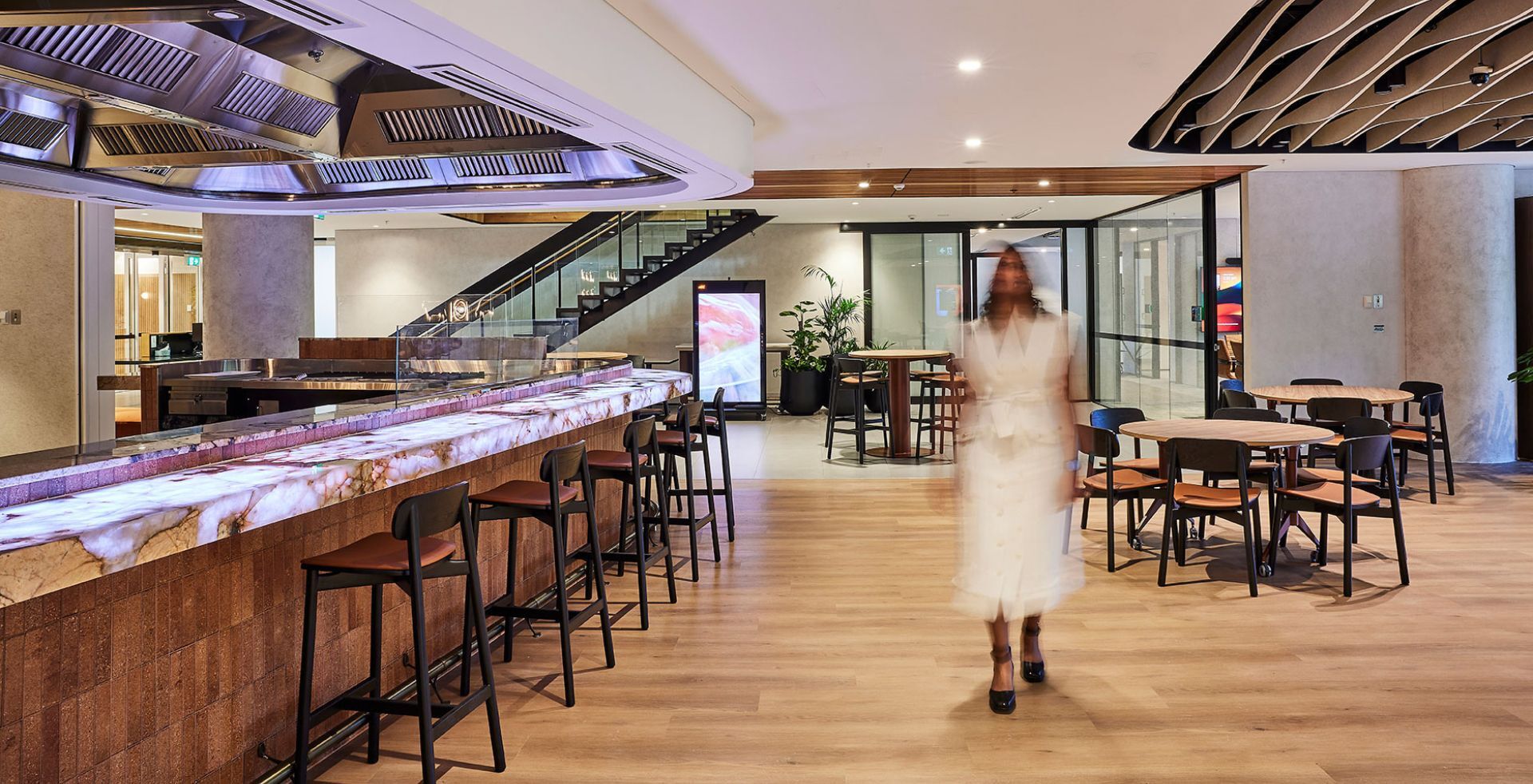
-2.jpg)
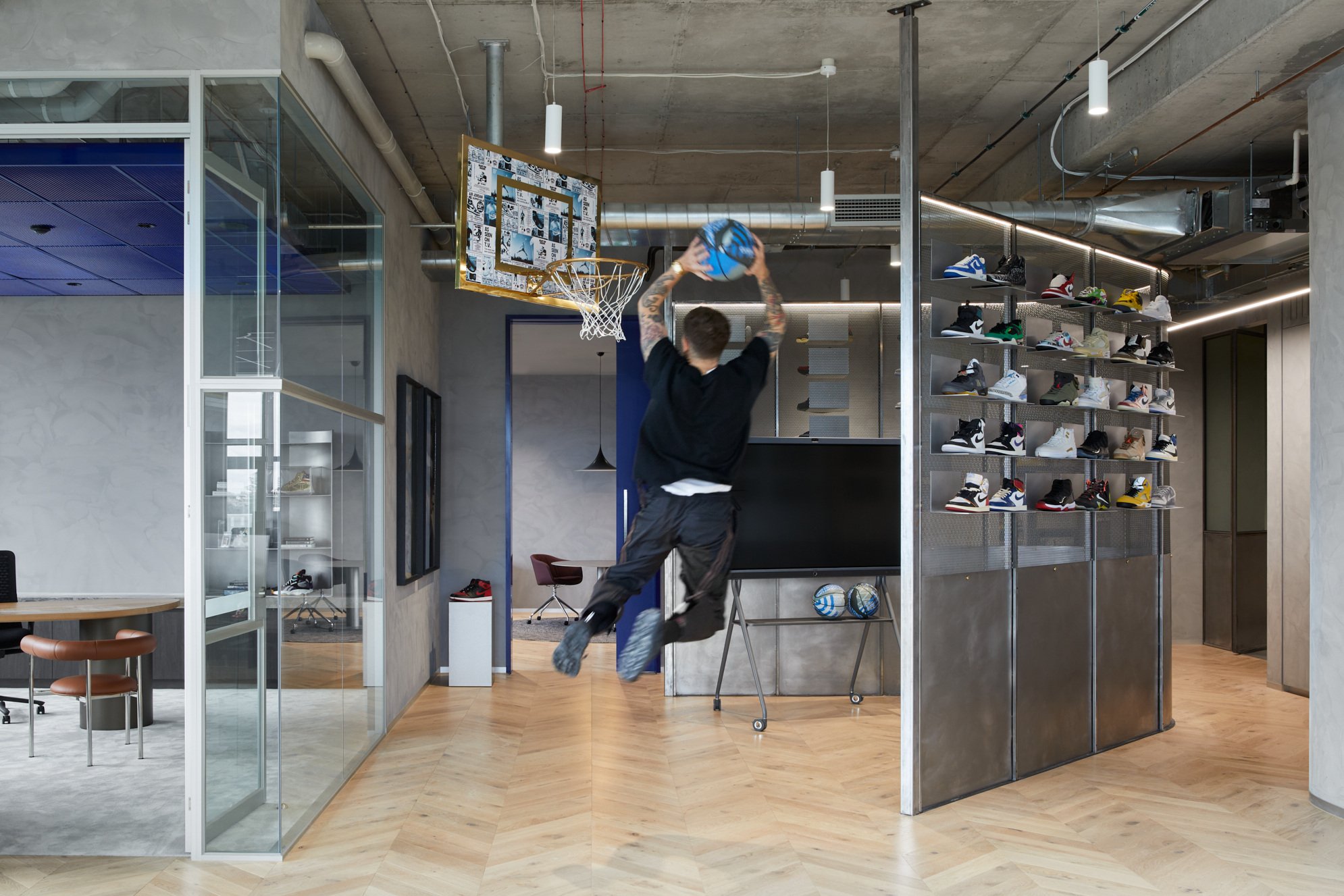
-2.jpg)
-2.png)
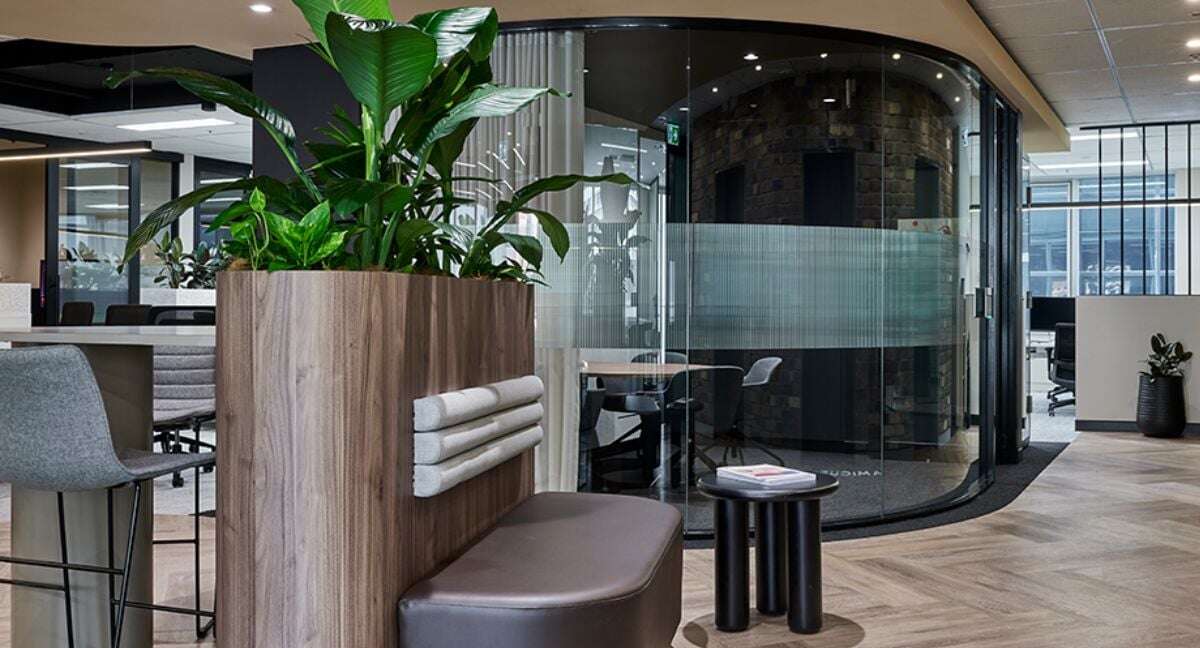

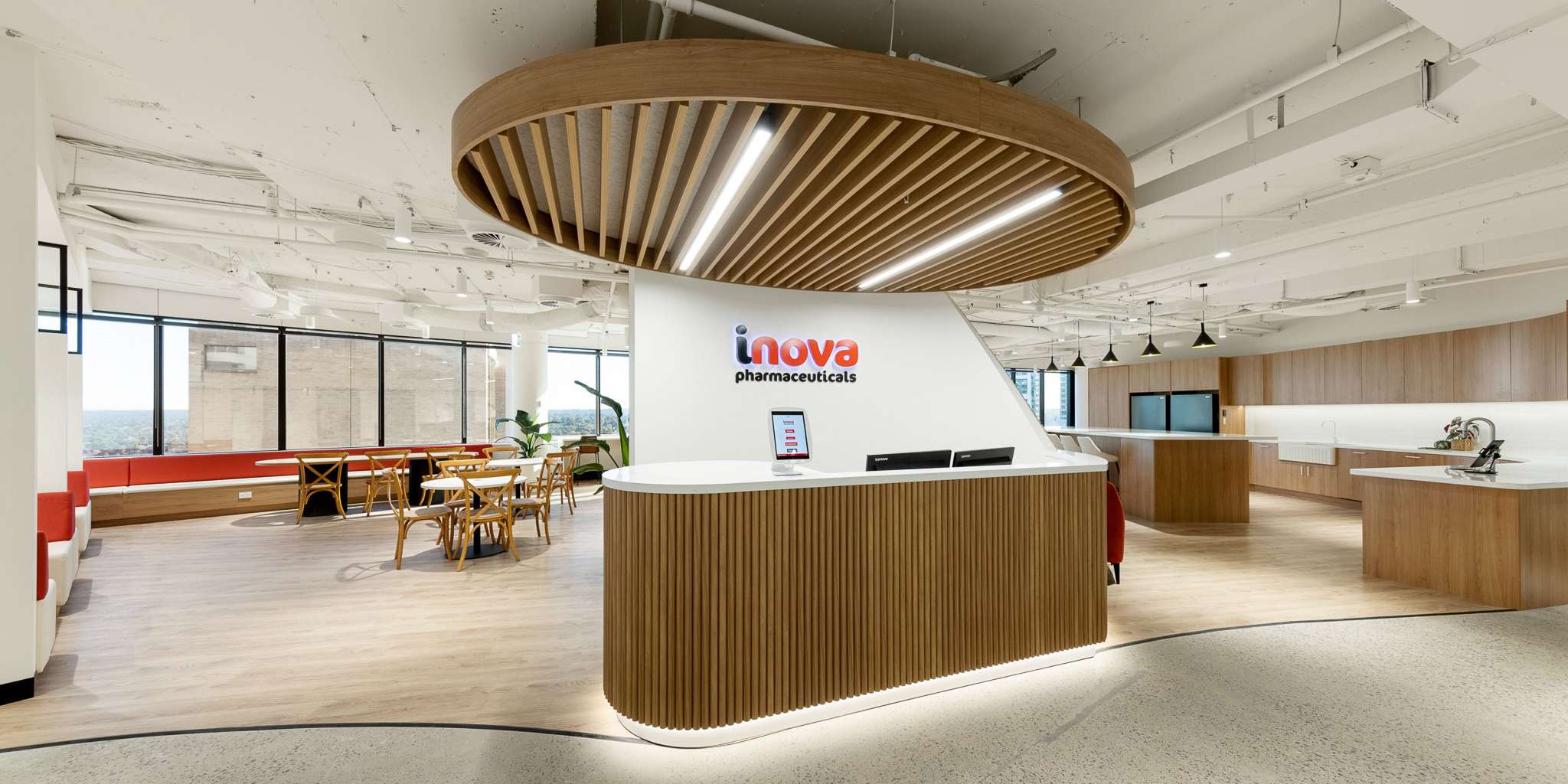
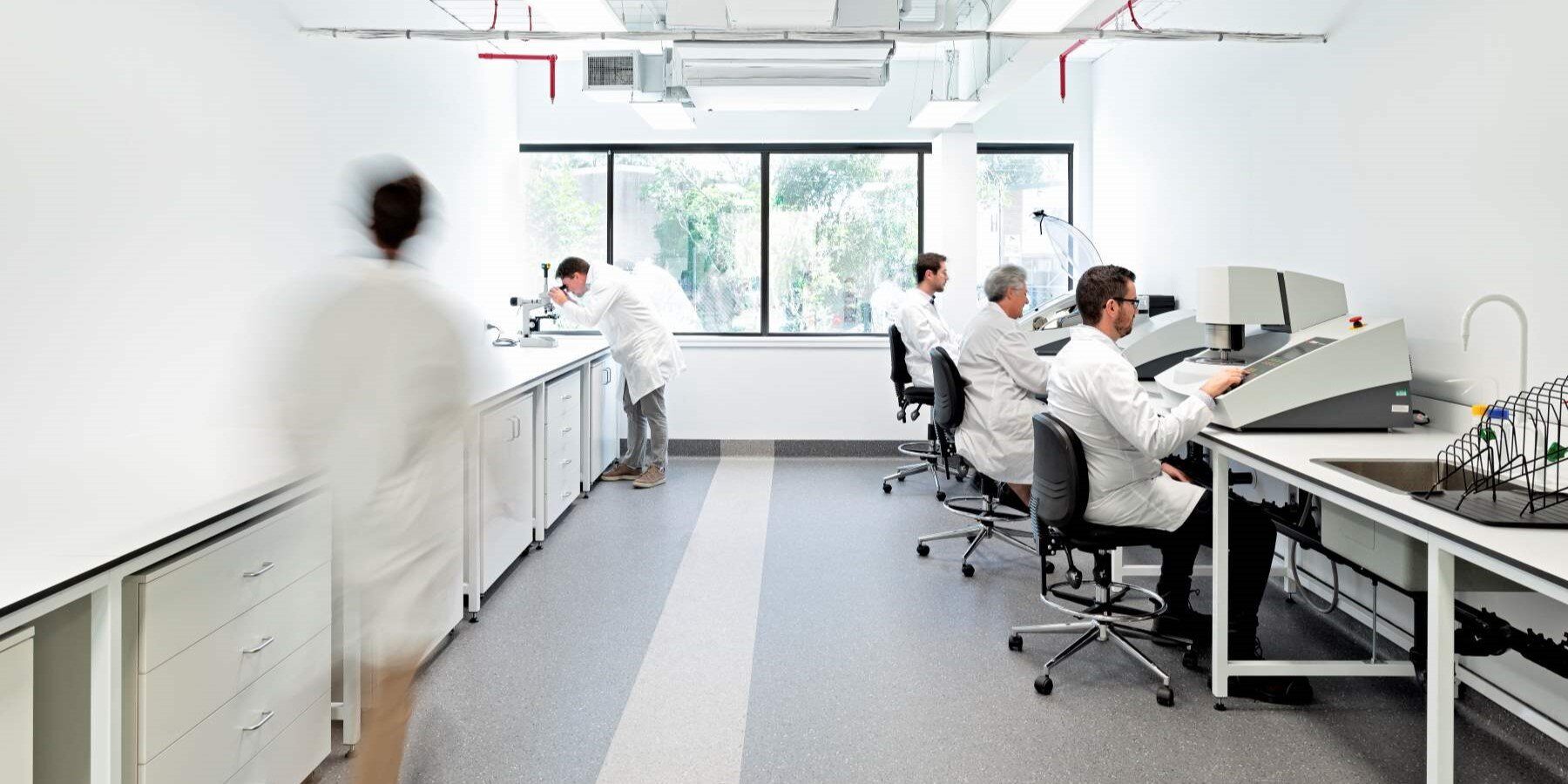
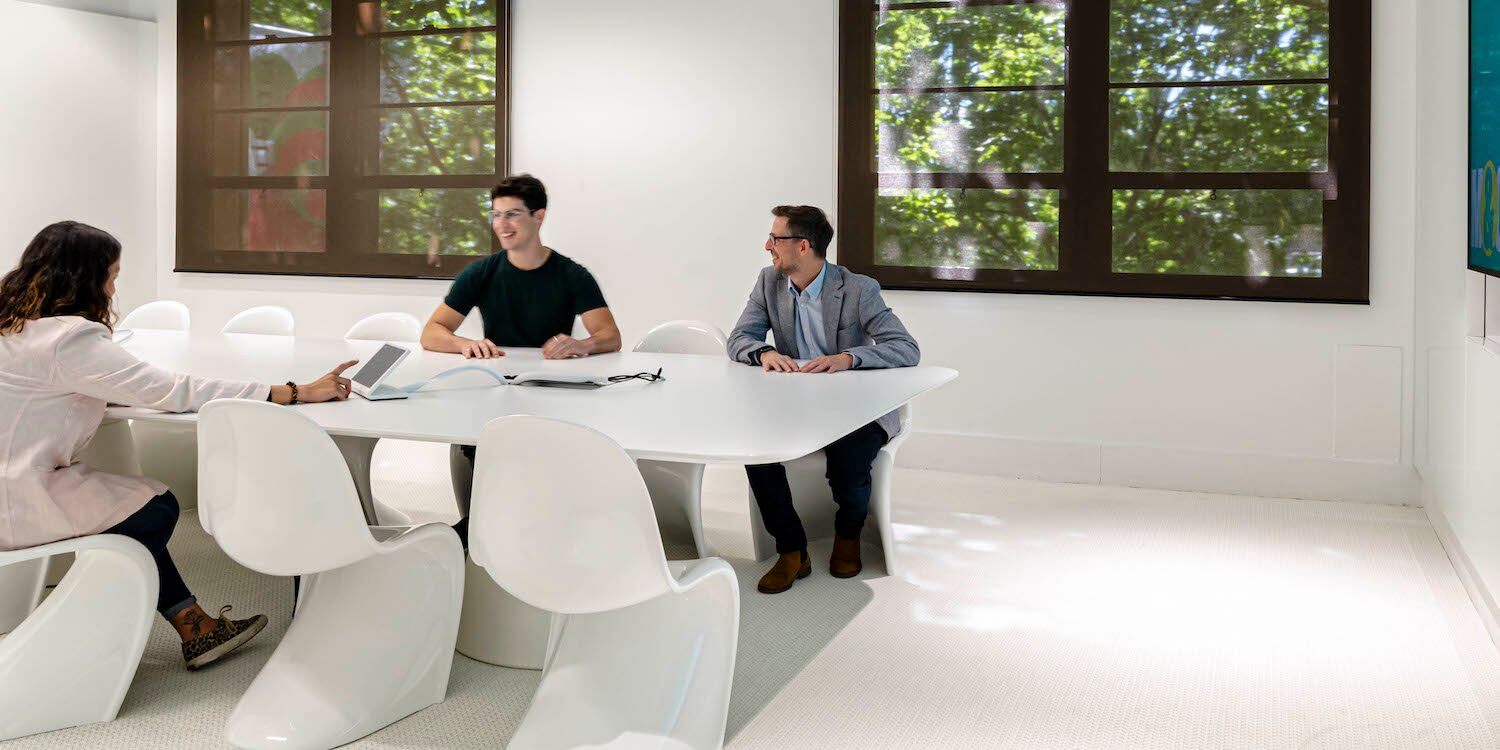
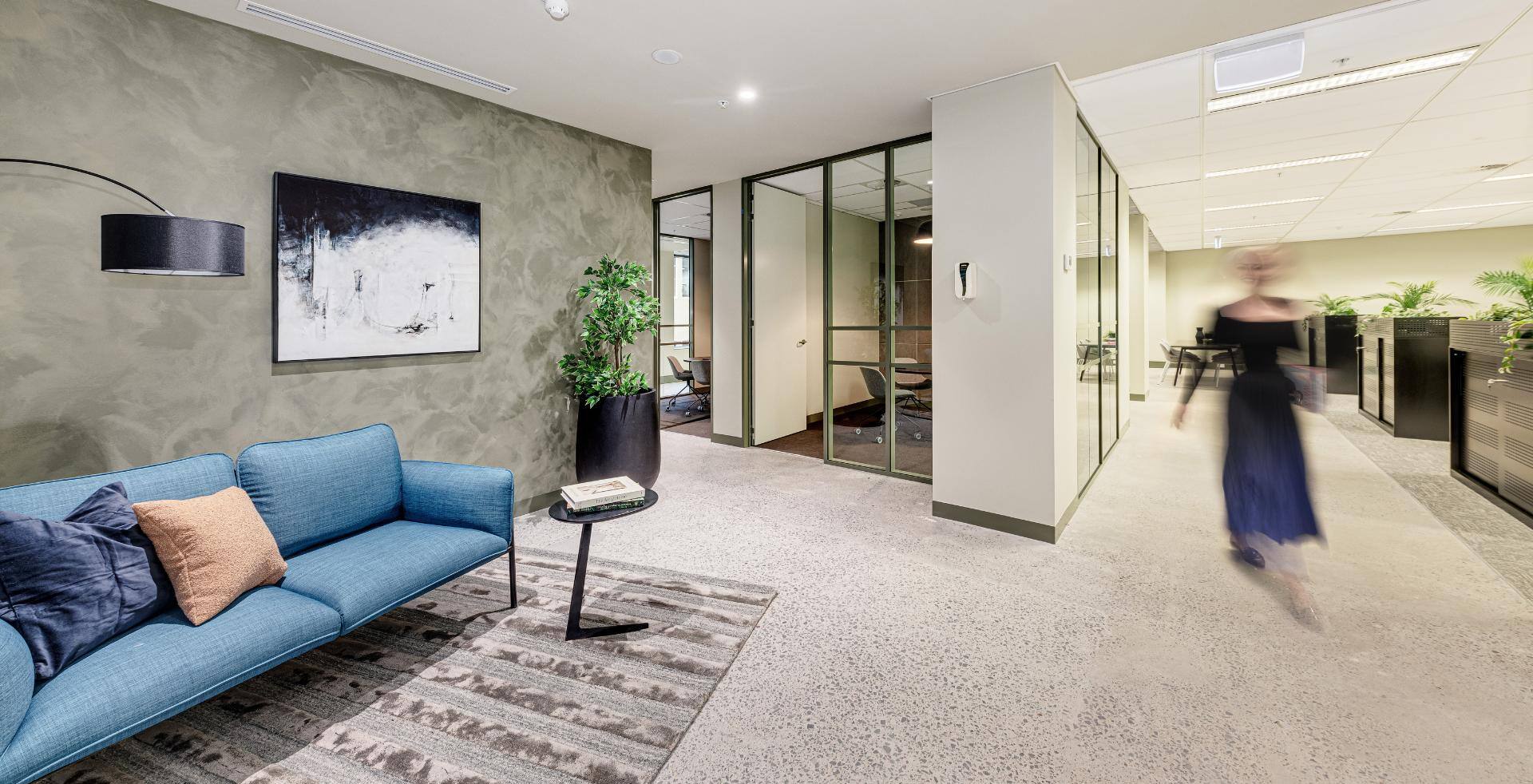

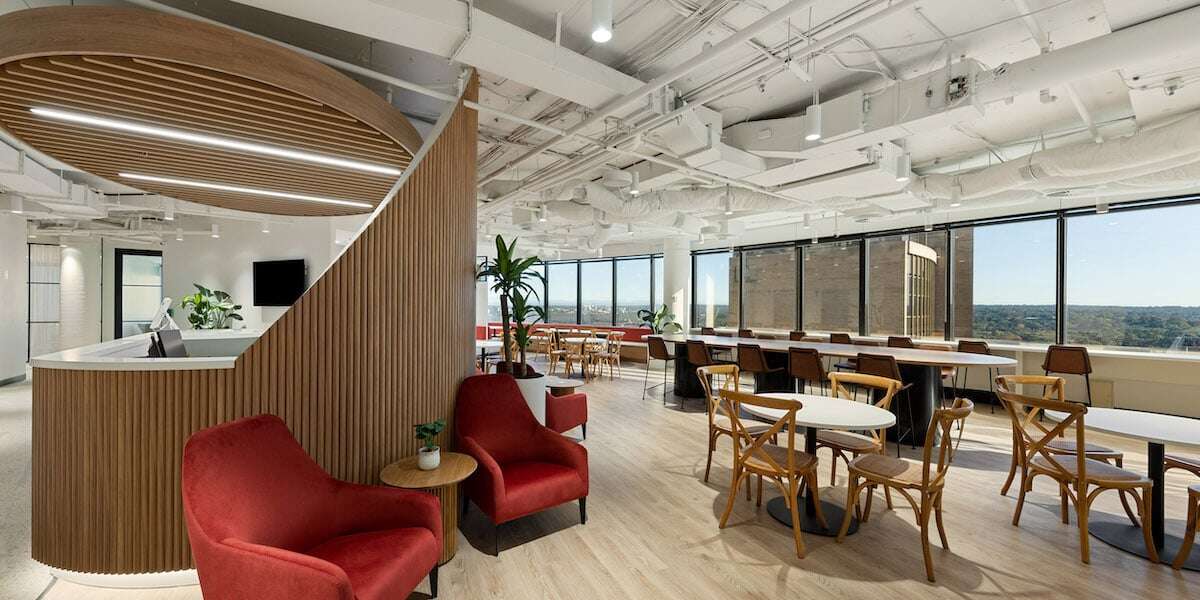


/Sectors/Office/contact-amicus.jpg)